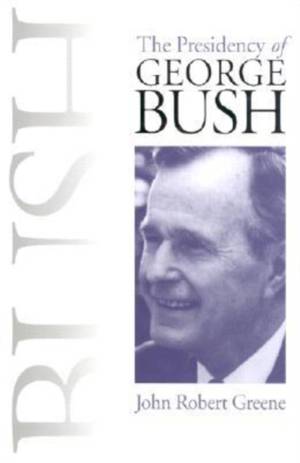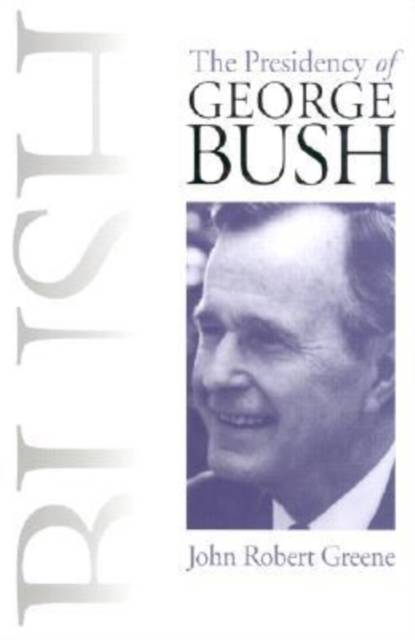
- Retrait gratuit dans votre magasin Club
- 7.000.000 titres dans notre catalogue
- Payer en toute sécurité
- Toujours un magasin près de chez vous
- Retrait gratuit dans votre magasin Club
- 7.000.0000 titres dans notre catalogue
- Payer en toute sécurité
- Toujours un magasin près de chez vous
62,95 €
+ 125 points
Description
This history of the Bush administration depicts the president as a "positive moderate", whose accomplishments were often underrated. It sets Bush's presidency in the context of the Reagan era and reviews his success in handling issues, such as the economic recession, as well as foreign policy.
Spécifications
Parties prenantes
- Auteur(s) :
- Editeur:
Contenu
- Nombre de pages :
- 248
- Collection :
Caractéristiques
- EAN:
- 9780700609932
- Date de parution :
- 31-01-00
- Format:
- Livre relié
- Dimensions :
- 152 mm x 229 mm

Les avis
Nous publions uniquement les avis qui respectent les conditions requises. Consultez nos conditions pour les avis.






